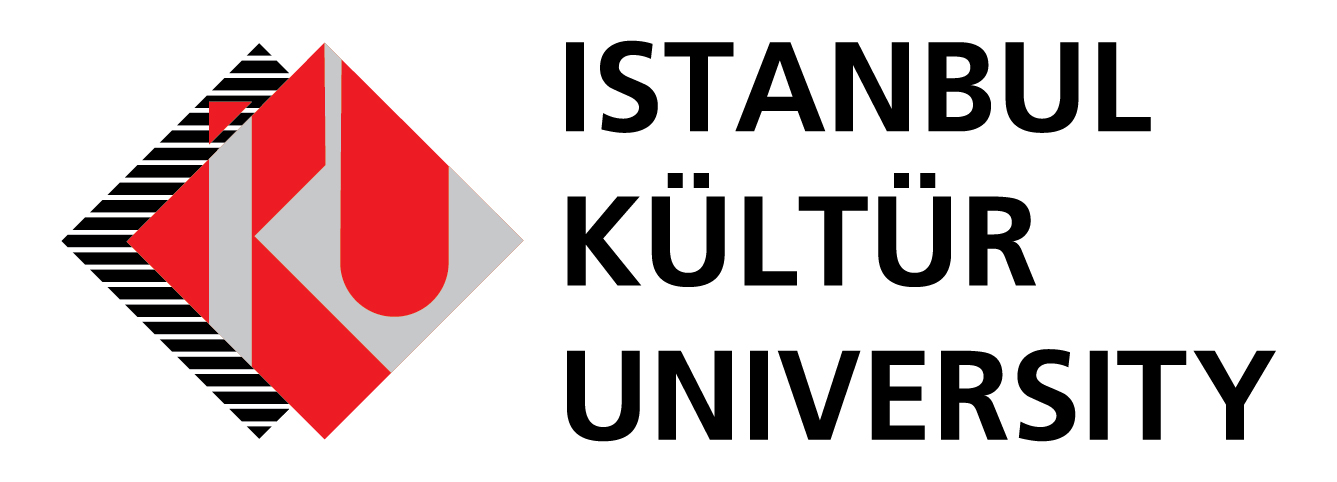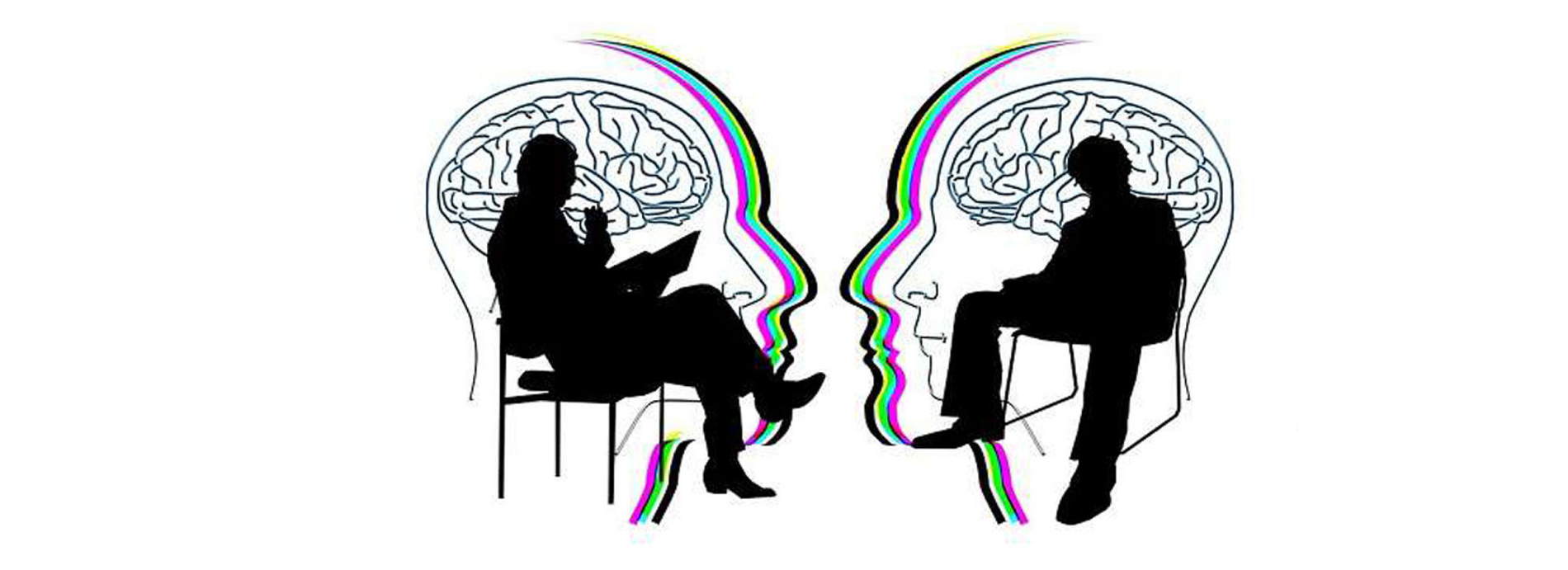Clinical psychology is concerned with "normal" and "abnormal" human behaviors. Research topic is basically human behavior and this information obtained through research is applied by integrating with practice. An important feature of this field is the examine and evaluation function.Clinical psychologists collect information through various methods to base their decisions on the people they observe and examine, and they generally help people or groups with psychological problems, distress, and stress.
Especially from time to time, they also take part in preventive mental health. Although these features may seem like they have overlapping aspects with other specialties, what is important is their clinical attitudes and approaches.The services of clinical psychologists include not only how the development of behavior is learned, but also how this information is obtained and skill development in this regard.It is important for the field of clinical psychology to do research and examine to define the problem and situation in order to distinguish between normal and abnormal situations.In order to become a clinical psychologist, it is necessary to obtain at least a "master's" degree in this field. Master's programs in this field are opened in the psychology departments of universities.
Students who successfully complete this program are entitled to receive a postgraduate (Master of Arts) degree in the field of CLINICAL PSYCHOLOGY (Turkish, Thesis/Without-Thesis).
Clinical psychology is one of the important subfields of psychology that examines the mental, behavioral and emotional disorders of the individual. In addition to frequently using psychotherapy methods, it is also engaged in research, teaching and program development. As a specialty, clinical psychology seeks to solve the problems individuals as well as families and diverse communities encounter through their lives. Psychotherapy practices can only be carried out by psychologists who have a master's degree in clinical psychology. The number of clinical psychologists who have received their specialization according to international academic and practical training criteria in our country is still insufficient to meet the needs of the field. IKU Clinical Psychology Master's Degree Program aims to educate clinical psychologists who are aware of professional ethical principles and qualified with theoretical and practical knowledge and skills. The services provided by clinical psychologists may differ from each other, and these differences require separate specialization. Therefore, IKU Clinical Psychology Master's Degree Program focuses on different areas of clinical psychology and includes adult, child-adolescent, couple-family therapy sub-branches to be opened by determining needs in academic terms. The first semester of the program consists of intensive theoretical education, and the second semester consists of practical internships and thesis studies. Clinical Psychology Master's Degree students are given the opportunity to experience psychological assessment and psychotherapy skills. It is also aimed that prospective specialist students will be able to turn scientifically supported approaches (such as cognitive, cognitive/behavioral, behavioral, dynamically oriented) into practice in the field of clinical psychology.
Assoc. Prof. Ayhan ERBAY
The Head of the Department
GENERAL REQUIREMENTS FOR APPLICATION TO THE THESIS PROGRAM
During the application of the candidates,
- A photocopy of the Diploma or Temporary Graduation Certificate proving graduation from the Department of Psychology or the Department of Guidance and Psychological Counseling (PDR),
- A photocopy of the transcript,
- A photocopy of the ALES exam result (Equally Weighted score must be at least 55) (required for the Thesis Program),
- Military Status Certificate (for male candidates),
- 2 passport-sized photographs,
- A photocopy of the ID card.
During the final registration,
- An official certified copy of the Diploma or Temporary Graduation Certificate proving graduation from the Department of Psychology or the Department of Guidance and Psychological Counseling (PDR),
- An official certified copy of the transcript,
- ALES exam result (the printout will be obtained at the Institute),
- The original Military Status Certificate (for male candidates),
- 6 passport-sized photographs,
- The first installment of the tuition fee.
GENERAL REQUIREMENTS FOR APPLICATION TO THE THESIS-FREE PROGRAM
During the application of the candidates,
- A photocopy of the Diploma or Temporary Graduation Certificate proving graduation from the Department of Psychology or the Department of Guidance and Psychological Counseling (PDR),
- A photocopy of the transcript,
- Military Status Certificate (for male candidates),
- 2 passport-sized photographs,
- A photocopy of the ID card.
During the final registration,
- An official certified copy of the Diploma or Temporary Graduation Certificate proving graduation from the Department of Psychology or the Department of Guidance and Psychological Counseling (PDR),
- An official certified copy of the transcript,
- The original Military Status Certificate (for male candidates),
- 6 passport-sized photographs,
- The first installment of the tuition fee.
| The Program with Thesis | |
| The Without-Thesis Program |
| Head of the Department of Psychology | Assoc. Prof. Ayhan ERBAY |
| Department Commission Member | Assoc. Prof. Burcu TÜRK |
| Department Commission Member | Assist. Prof. Ezgi ÖZKAN |
| Department Quality Ambassador | Mehmet Akif SEVİM |
What is clinical psychology?
Clinical psychology is concerned with “normal” and “abnormal” human behavior. The primary focus of research in this field is human behavior, and the information obtained through research is integrated and applied in practice. An important aspect of this field is its emphasis on measurement and evaluation. Clinical psychologists collect information through various methods to base their decisions on the individuals they observe and examine. They generally assist individuals or groups dealing with psychological problems, distress, and stress, and they are occasionally involved in preventive mental health efforts. Although these characteristics suggest that they have overlapping aspects with other specialties, its defining feature lies in its clinical attitudes and approaches. Clinical psychologists are not only responsible for understanding the nature of behavior but also for determining how to apply this knowledge effectively and developing the necessary skills to do so. It is essential for the field of clinical psychology to conduct research and measurements to define the problem and the situation in order to distinguish between normal and abnormal behavior. To become a clinical psychologist, one must obtain at least a master’s degree in this field. Master’s degree programs in clinical psychology are typically offered by university psychology departments. These programs include courses in psychopathology, psychotherapy techniques, advanced data analysis, and research methods. Additionally, supervision, internship and thesis processes are also carried out.
Which graduate degree will I get after completing this program?
Students who successfully complete this program are eligible to receive a Master of Arts degree in the field of CLINICAL PSYCHOLOGY (Turkish, with/without Thesis).
What are the career opportunities for graduates of the program?
In which branches do clinical psychologists specialize? The number of specialized clinical psychologists in Türkiye is well below the identified need. Clinical psychologists can work with psychiatry on emotional, mental and behavioural problems, adolescent problems, self-esteem problems in adulthood, life events and problems related to periods such as old age and losses, as well as severe disorders such as depression and schizophrenia. Their research interests range from psychotherapy, personality traits, development of phobias to the causes of schizophrenia. Clinical psychologists can work in academic settings, they can also work in the health industry in mental health units/departments of private or public hospitals, psychotherapy or psychological counselling centres and special education institutions, non-governmental organizations providing clinical services, organizations conducting clinical research, workplaces, primary, secondary and higher education institutions that employ clinical psychologists, nursing homes, legal and judicial fields (family courts, probation offices, prisons), and public health centres.
What are the evaluation criteria for accepting students to the program?
When selecting students for the program, the evaluations are 1) Application file 2) Scientific exam. The documents required for the application file are announced by the Institute of Graduate Studies.
Can I get information about the scientific exam?
The scientific exam includes the subjects of psychology undergraduate courses. The exam consists of multiple-choice questions.
Can I apply even if I cannot receive the official transcript from my department within the deadline?
Yes, however, if you are accepted into the program, you must provide this document by the time of registration.
Do I need to put the originals of the result certificates of exams such as ALES in the application file?
Photocopies of these documents can be included in the application file, but the originals are required at the registration stage.
What is your application schedule and does it change every year?
The program is opened in the fall and spring semesters every year. You can follow this period from the University website or the Institute secretariat. The exact dates are announced on the website.
Can I apply if my undergraduate degree is in a field other than psychology?
The program is only open to applications of graduates of 4-year Psychology and Psychological Counselling and Guidance programs of universities.
Can I apply to the program a second time?
There is no limit to the number of applications to the program and the application procedure is the same for each application.
Can I work during the program?
There is 70% attendance requirement. For this reason, it is recommended that priority is given to the program. The program is formal education; thus a few days of the week must be allocated to the full-time education.
What is the scholarship/discount opportunities, amount and conditions?
Scholarship and discount rates are determined annually. Program winners are selected based on their ranking of success, regardless of scholarship requests. Scholarships are distributed according to both merit and financial need criteria. We encourage candidates to explore graduate scholarship opportunities from official institutions such as TÜBİTAK or private organizations. Additionally, some institutions may cover program fees as part of their advanced education support program for employees enrolled in a graduate program.
For more details, visit: https://enstitu.iku.edu.tr/tr/ogrenci/indirimler
What are the differences between the thesis and non-thesis Clinical Psychology master's programs?
Our master's program offers both thesis and non-thesis options. Candidates are placed into either program based on their ranking of success during the admission process. Students enrolled in the non-thesis program may transfer to the thesis program after the first year if deemed eligible. Both programs include similar theoretical and practical courses; however, the thesis program also requires a seminar course. Compared to the non-thesis program, the thesis program involves more comprehensive, labor-intensive, and time-consuming research. It is the preferred option for students planning to pursue a doctoral degree. The non-thesis program, which includes a graduation project instead of a thesis, is recommended for those who intend to work primarily as clinicians rather than continue into doctoral studies.
Can I transfer from a non-thesis program to a with thesis program??
Yes. Your Master's degree GPA must be over 3.5 and your ALES Equally-Weighted Score must be over 55.
Does your program have a theoretical/clinical orientation?
Our program offers a holistic approach that integrates both theoretical and supervised clinical training. It primarily focuses on psychoanalytic and cognitive-behavioral schools, while also offering elective courses such as Sexual Therapy, Trauma-Focused Therapy, and Couple and Family Therapy. All faculty members and clinical supervisors emphasize an integrated, descriptive, and supportive approach to psychotherapy. The program is designed to enhance students’ awareness and practical skills, recognizing that the therapeutic relationship is the most crucial factor in healing and transformation. Our goal is to ensure that students develop a strong clinical foundation and practical skills beyond specific theoretical orientations, while also considering their personal therapeutic preferences.
| İstanbul Kültür University Institute of Graduate Studies |
|
| (0212) 498 41 41 | |
| enstitu@iku.edu.tr | |
| Bakırköy Campus Ataköy Building E5 Highway 34158 Bakırköy/İSTANBUL |
|


